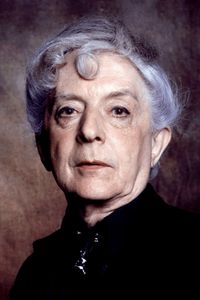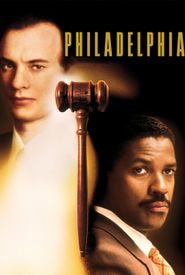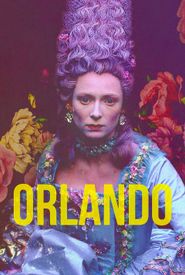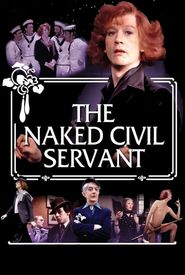Quentin Crisp, born Denis Pratt on Christmas Day, 1908, in the London suburb of Sutton, was the youngest of four children. His father, a lawyer, and his mother, a former nursery governess, raised him in a society that was rigorously homophobic. Crisp's childhood was marked by difficulties, which he would later describe in his autobiographical work, "The Naked Civil Servant".
In his early twenties, Crisp decided to dedicate his life to making the existence of homosexuality abundantly clear to the world's aborigines. He took to cross-dressing and acting intensely effeminate in public, often at great risk to himself. In London, he worked various jobs, including as a prostitute, book illustrator, and paid nude model at government-supported art schools.
A dramatization of "The Naked Civil Servant" (1975),starring John Hurt, was shown on American television to critical acclaim in 1976. The following year, Crisp moved to New York, a move he described as his proudest achievement. He first presented "An Evening with Quentin Crisp" in 1978, which received very favorable reviews and a special Drama Desk Award for Unique Theatrical Experience.
Crisp developed a distinctive style, characterized by his flashy scarves, purple eye shadow, and white hair swept up under a black fedora. He died in Manchester, England, at the age of 90, on the eve of opening another run of "Evening". When asked at the US Embassy if he was a practicing homosexual, Crisp replied, "I didn't practice. I was already perfect".








































